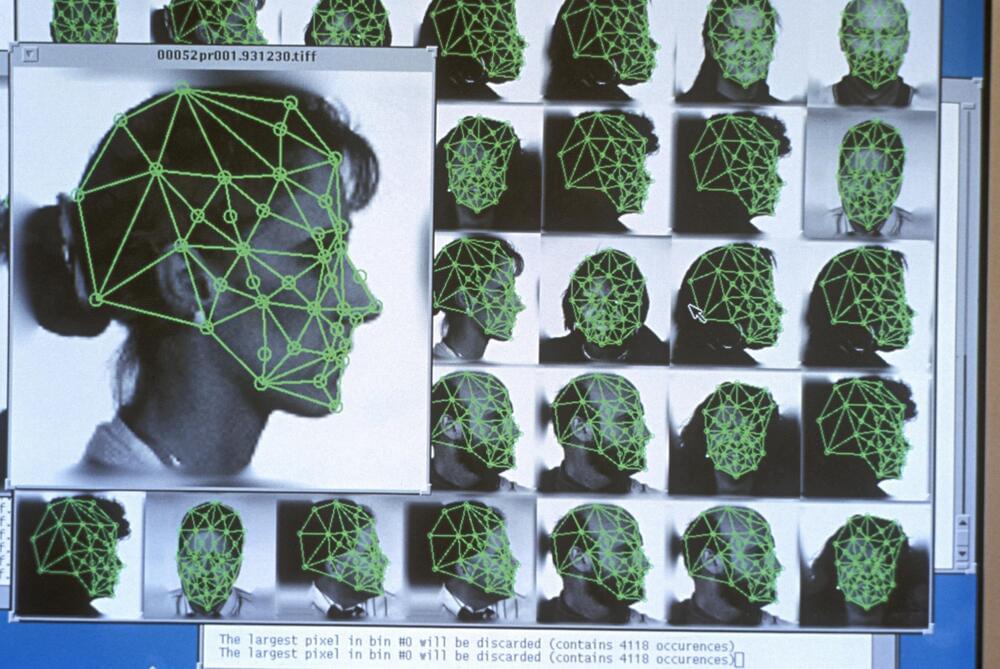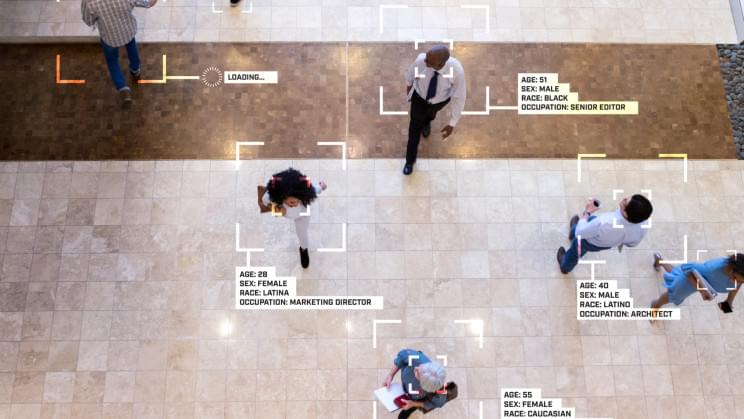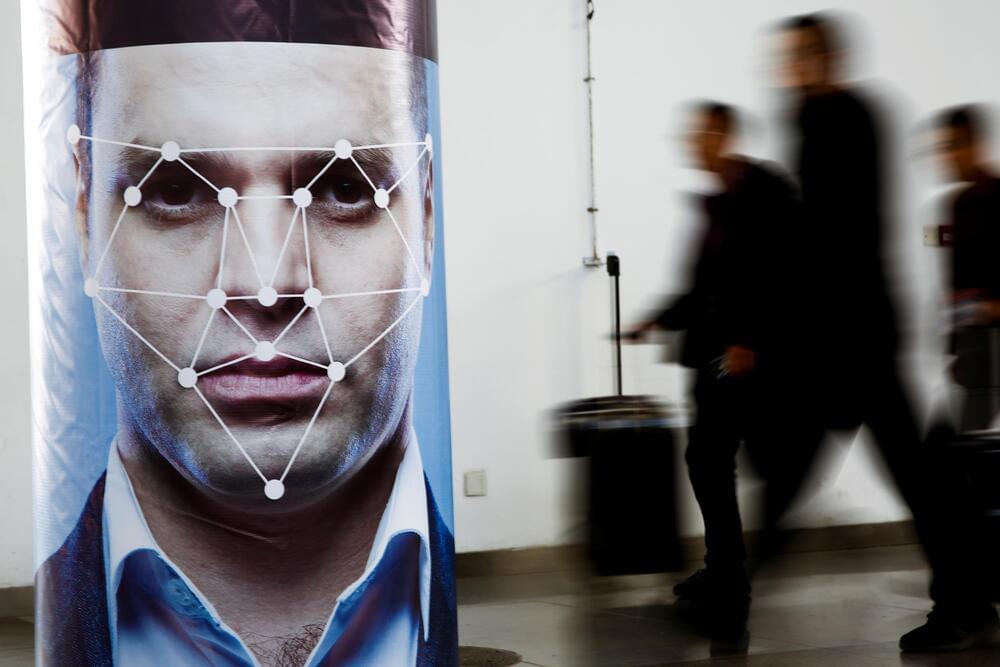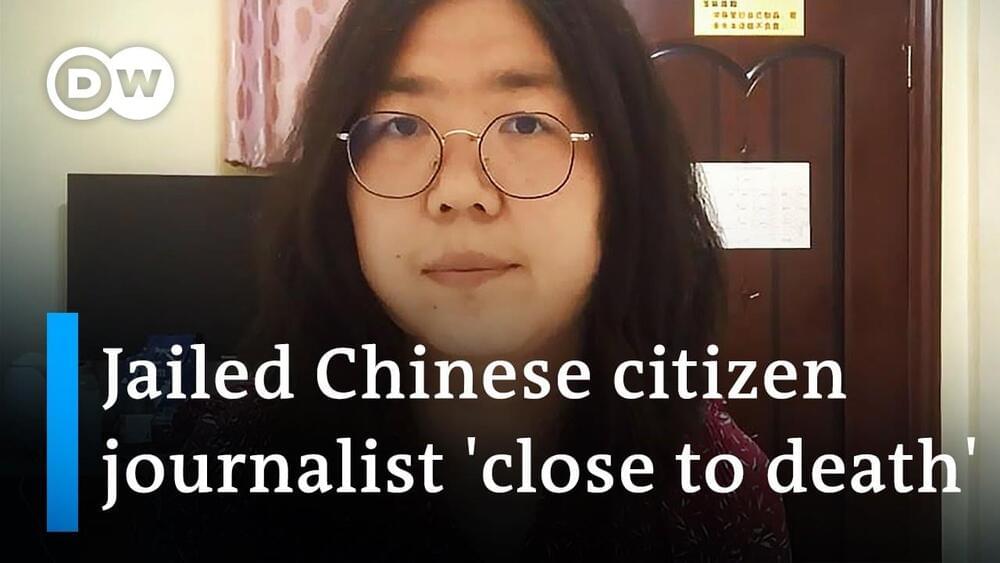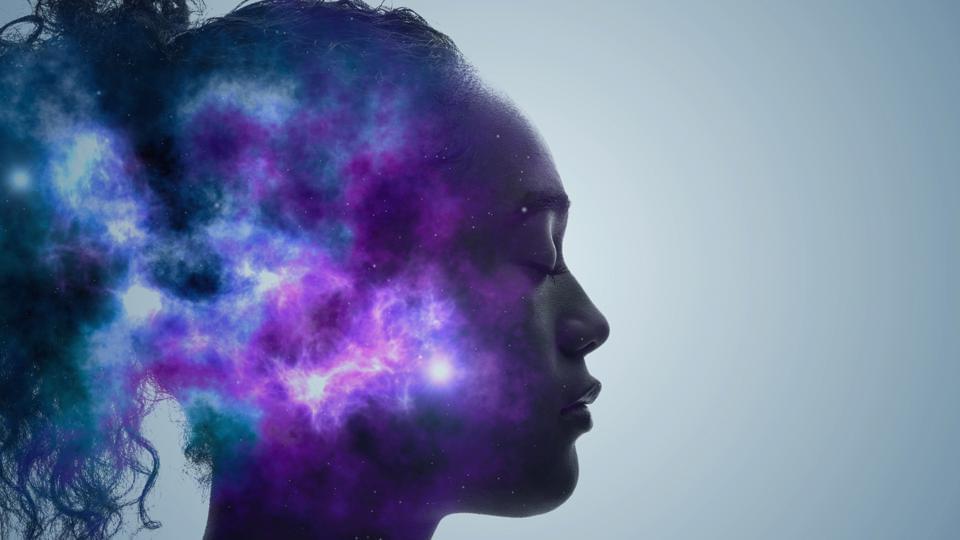Most times when we think of deepfakes, we think of the myriad negative applications. From pornography to blackmail to politics, deepfakes are a product of machine learning. They create a lie that is so realistic that it is hard to believe it is not the real thing. In a society plagued by fake news, deepfakes have the potential to do a substantial amount of harm.
But a recent team of researchers found another use for deepfakes — to deepfake the mind. And using machine learning to simulate artificial neural data in this way may make a world of difference for those with disabilities.
For people with full body paralysis, the body can seemingly become a prison. Communicating and the simplest of tasks may appear to be an insurmountable challenge. But even if the body is frozen, the mind may be very active. Brain-computer interfaces (BCIs) offer a way for these patients to interact with the world.
BCIs do not rely on muscle or eye movements. Instead, the user is trained to manipulate an object using the power of thought alone. BCIs can allow a fully paralyzed person to operate a wheelchair by just thinking, to move a cursor on a computer screen, or even play pinball by moving the paddles with their mind. BCIs can be freeing for people with this type of paralysis. It can also be used to treat depression or to rehabilitate the brain.
Full Story:


